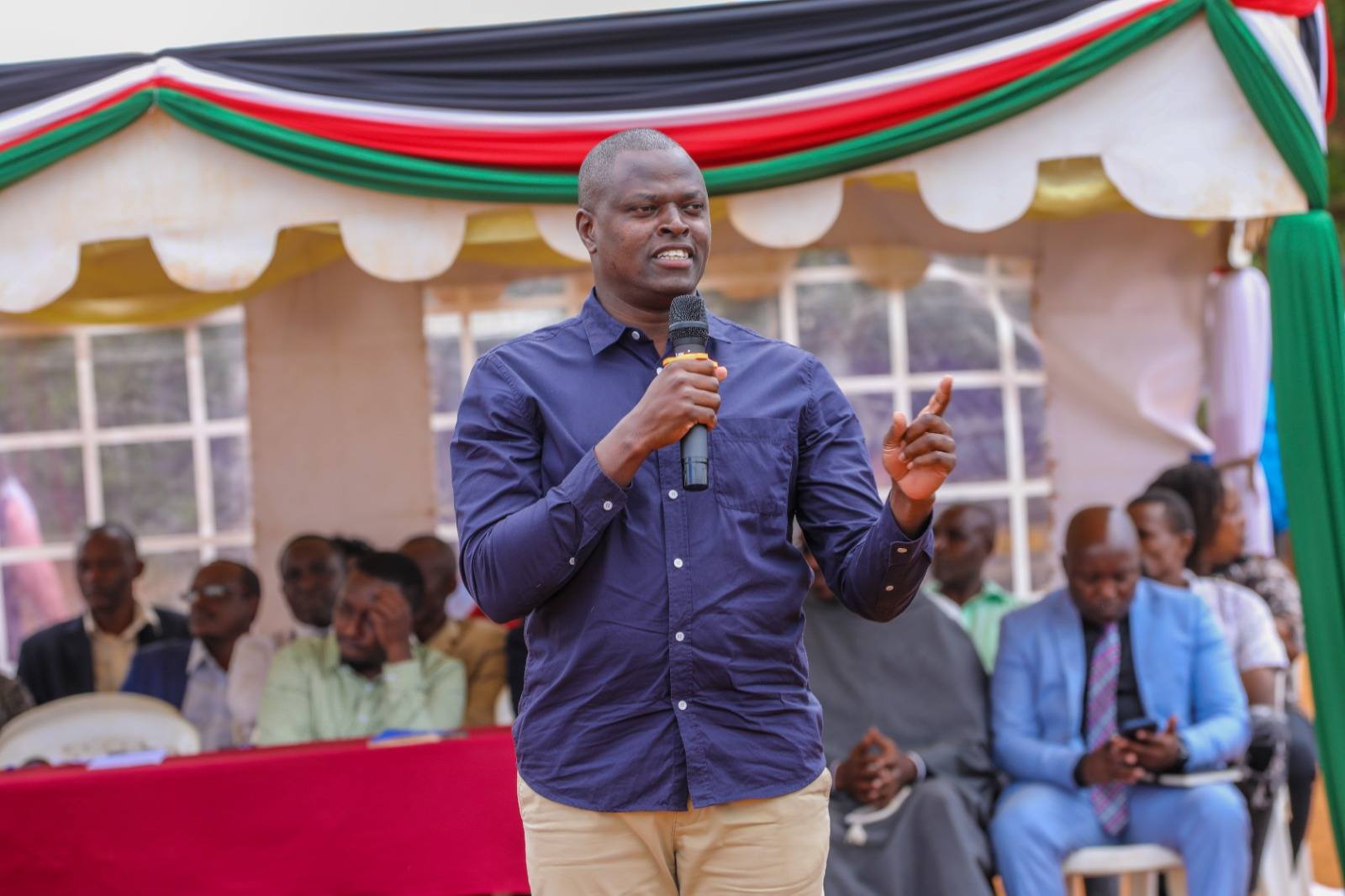
Kiharu MP Ndindi Nyoro has said the housing levy introduced by the government last year has injured the economy, as reported by the Kenya National Bureau of Statistics.
The KNBS survey, conducted quarterly, confirmed that the construction sector shrank by over two per cent in 2024 after an 11-year upward trajectory.
This is despite the government’s ambitious project to construct 200,000 affordable housing units annually.
The report showed that in the second quarter, the building cost index increased due to rising costs of materials, transport, fuel and labour.
By the third quarter, the cost of a 50-kilogramme bag of cement ranged between Sh720 to Sh1,250 depending on the brand and type, marking an increase of 15 to 30 per cent from the previous year.
Cement consumption reduced by 7.2 per cent to 8.54 million tonnes, down from 9.2 million tonnes in 2023, while commercial bank loans to the sector reduced from Sh602.7 billion to Sh528 billion.
“These statistics show that when the government started deducting the levy, it shrunk the circulation of money in the economy,” Nyoro said.
“Someone who would send their parents Sh5,000 every month to buy cement and stones and construct a semi-permanent house or buy some sugar, no longer does.”
The MP said when the levy was first introduced, it was to be refundable before changes were made and it was turned into a levy.
The report is a confirmation that the levy, a 1.5 per cent mandatory deduction from every employee’s gross salary, "better supported the economy while it was in Kenyans’ pockets".
“One would have imagined that with the construction of affordable housing projects, the sector would grow stronger.”
The report also indicated the sector provided employment to 223,400 people compared to the 226,000 employed in 2023.
Despite the challenges, the government continued to invest in infrastructure, expanding the length of bitumen roads from 23,000 kilometres in 2023 to 24,900 kilometres last year. Superhighways increased from 157 kilometres to 365 kilometres, owing to the completion of major roads such as the Dongo Kundu bypass and Kipevu link road.
Nyoro said plans by the Treasury to review the levy are welcome and that the state should consider scrapping it.
Treasury CS John Mbadi said during a plenary session in the Senate on June 5, that despite its benefits, the levy had triggered widespread discontent among workers whose complaints "cannot be ignored".
The MP also cautioned the government against negating the gains made in the education sector, which enabled thousands of poor families to educate their children.
The free education programme introduced by former President the late Mwai Kibaki, Nyoro said, equalised the sector and saw poor families produce professionals who would otherwise have missed out on education.
The reduced allocation of funds for the sector may lock out disadvantaged children already struggling to remain in school, Nyoro said while addressing parents at Mumbi grounds.
MPs last month cut Sh5.9 billion from the Sh11 billion allocated for capitation for national examinations that include KCSE, KCPE and KPSEA.
This followed the presentation of budget estimates that had no allocation for the national examinations.
“I heard the CS say that they are working on a way for parents to contribute for some of the examination money. Parents in Kiharu are struggling to pay fees. Let’s take the education sector seriously because it’s crucial for the nation’s growth.”
He also expressed concerns over the rising national debts that "continue to heap the burden on Kenyans”.
Since 2022, he said, the debts have jumped from Sh8.7 trillion to Sh11.5 trillion, indicating that over Sh1 trillion is borrowed annually.












